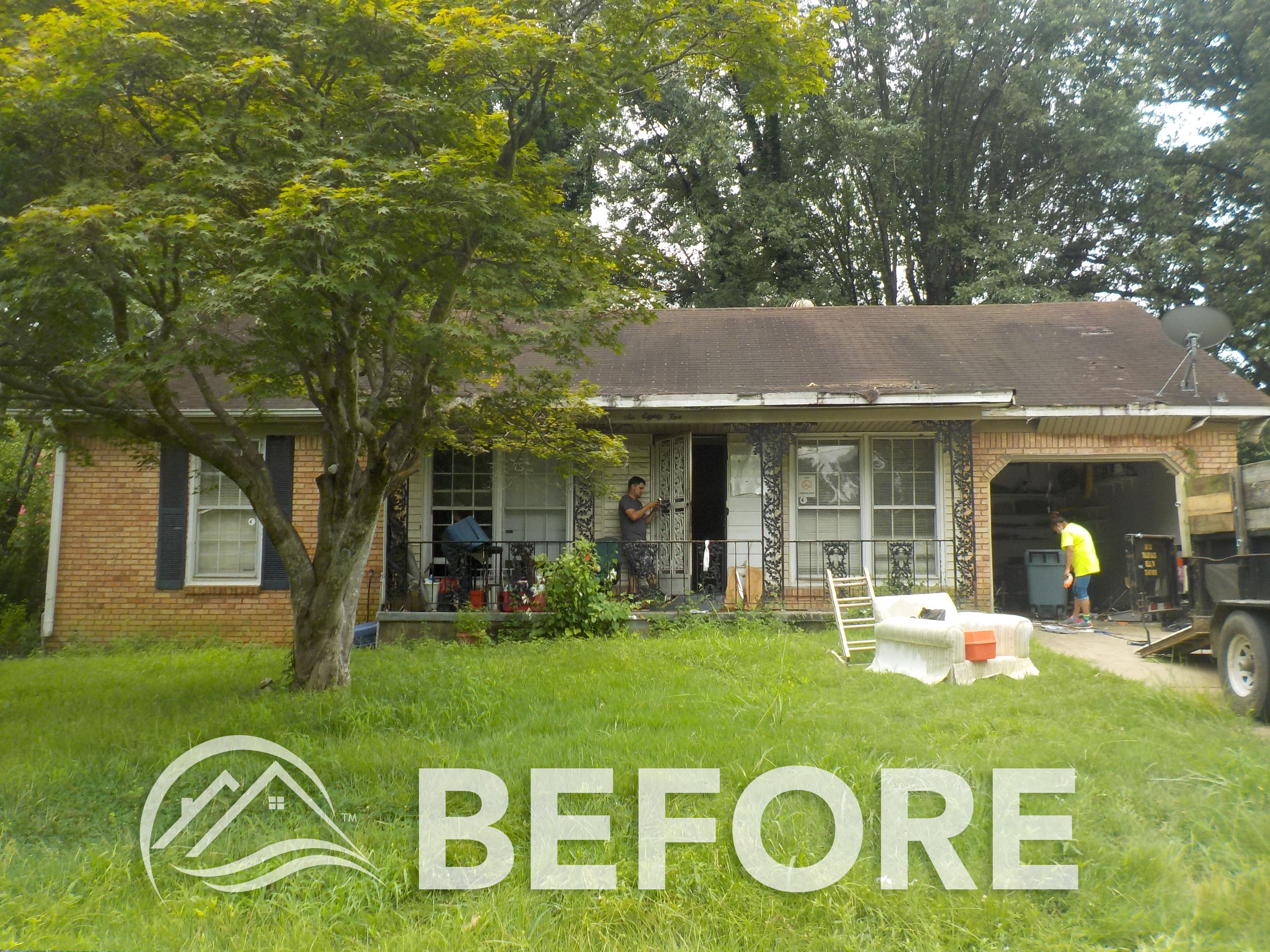 While those of us in the real estate investment industry know the bread-and-butter concepts of turnkey investing, we also recognize that there are new and would-be investors out there. Because an educational foundation is necessary for success, we thought we’d cover some of the most common and most crucial concepts for turnkey investors to know.
While those of us in the real estate investment industry know the bread-and-butter concepts of turnkey investing, we also recognize that there are new and would-be investors out there. Because an educational foundation is necessary for success, we thought we’d cover some of the most common and most crucial concepts for turnkey investors to know.
When you have a basic grip on the terms and concepts utilized often in this business, you will better lay a foundation for your own success as a real estate investor.
10 Terms Every Real Estate Investor Should Know
Turnkey
While the word “turnkey” itself has a very simple definition, turnkey real estate isn’t so standardized. In the core sense of the word, turnkey means “move-in ready.” The property is in a condition in which no repairs or renovations are needed to begin renting the property out or to move in and begin living there. You literally “turn the key” and step in.
When it comes to turnkey real estate investing, however, the definition can become more varied. For our purposes, we’ll look to our own model to define turnkey in the context of real estate investing.
Turnkey real estate is, for our purposes, a method of investing in which the owner (you) purchases a property for producing rental income in which the turnkey company (Memphis Invest) handles renovations, finding and placing residents, and day-to-day operations, including property management and maintenance.
Different companies may offer these services at different stages or not at all — it is important for would-be investors to thoroughly investigate and understand the services they are considering.
Buy-and-Hold
A buy-and-hold investment strategy is what it sounds like. The idea is that you buy an investment (whether stocks or real estate) and hold that investment regardless of market fluctuations. Your intent is to keep this investment and allow it to appreciate or generate passive income. Investors may hold for years, even decades, before selling. This is typically a strategy employed by passive investors. One could consider it the opposite of “fix-and-flip.”
Check out: The Real Advantages of Buy and Hold Investing
Single-Family Home
Single-family homes (also called single-family properties) are detached structures that house only one family — or at the least, one lease agreement. These are what we picture when we think about a typical home or neighborhood. Demand for single-family rentals has been on the rise. This is in contrast to multi-family homes or properties: duplexes, apartments, condominiums, and like-properties. For smaller-scale investors, single-family homes make the most sense as a real estate investment. The barrier to entry is lower and there are greater opportunities for portfolio diversification.
1031 Exchange
A 1031 Exchange is a commonly employed real estate strategy in which the investor sells a property and reinvests it in a new property, deferring capital gains taxes. There are specific regulations that govern a 1031 Exchange. You can read about them in our handy guide for investors.
Depreciation
Naturally, depreciation is the counter to appreciation. However, in the context of real estate investment, we talk about depreciation most often in terms of tax advantages. There is a key deduction for depreciation that investors can take advantage of. Essentially, an investor is able to write off the cost of maintaining and improving the investment property for its “useful life.”
Depreciation takes place over a span of 27.5 years. Rather than taking one big deduction when you buy or improve the property, your deduction is spread out across this span over time.
Cash Flow
For the real estate investors, cash flow is the amount of money “flowing in” from a rental property after other costs have been accounted for. Cash flow can be either positive or negative. You want positive cash flow, where consistent negative cash flow for a property hurts your portfolio.
Cap Rate
Short for “capitalization rate,” refers to the ratio between a rental property’s net operating income versus the capital cost or current market value of the property. This is most useful in quickly comparing the relative value of different properties in similar markets. That said, the cap rate fails to take into account different nuances (such as leverage and potential future cash flow) that give a fuller picture of an investment’s value. In general, however, a cap rate is used to assess the profitability and potential of an investment.
Equity
The equity one has in a property is determined by calculating the difference between the current market value of a property versus the amount still owed on a mortgage. Essentially, it is your potential for profit when selling. Over time, as the mortgage balance shrinks and a property appreciates, equity grows.
Leverage
In real estate investment, leverage refers to the borrowing of capital to fund real estate investment and property improvements. You leverage other people’s money in order to extend your reach as a real estate investor. This is perhaps one of the greatest advantages in real estate investing.
ROI
Your “return on investment” is a valuable concept in real estate investing. When performing renovations or property improvements or accounting for cash flow, ROI helps us see the effectiveness or value of the property more clearly. One calculates ROI by taking the net gain on the investment divided by original cost.
ROI guides the prioritization of renovations and amenities — as certain types of renovations are more profitable than others in the eyes of a tenant or buyer.
While this is far from an extensive glossary for turnkey real estate investors, we hope you find it helpful as you acclimate to the exciting potential of investing in turnkey real estate.
Our advisers are waiting to talk with you so you can gain the confidence and knowledge to invest the right way. Don’t wait!












